Lorem ipsum dolor sit amet
The Danjoo Koorliny Team
Caring for
Boodja
By Us, For Us, With Us
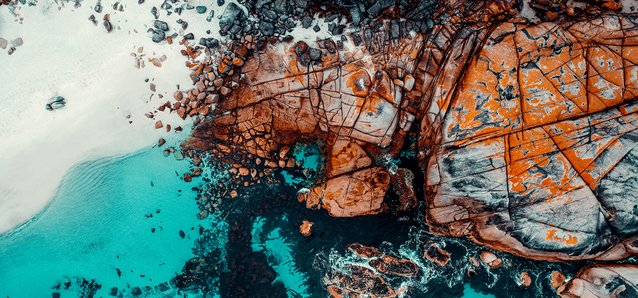
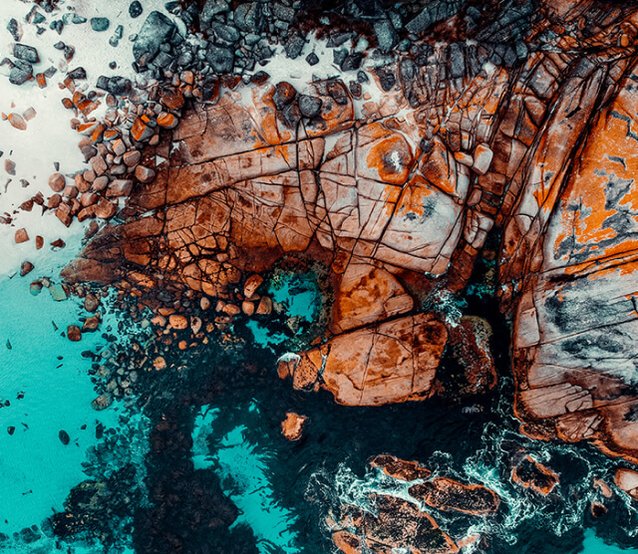
Walk with us
We are a bold collective movement of Aboriginal and non-Aboriginal people walking together to create a better future for us all. The first milestone on this road is 2029 (200 years of colonisation in Perth), but the project will go far beyond WA’s bicentenary. Led by an Aboriginal directive and guided by Wirin (Spirit), we are on a journey of caring for everything and everyone through shifting cultural, social, environmental, and economic outcomes.
Danjoo Koorliny is led by four Co-Directors: Emeritus Professor Colleen Hayward AM, Carol Innes AM, Dr. Noel Nannup OAM , and Dr Richard Walley OAM. They walk together with various Elders in Noongar Country and throughout Western Australia, the leadership team, the Centre for Social Impact UWA team, and many other individuals and organisations who align towards our collective vision.
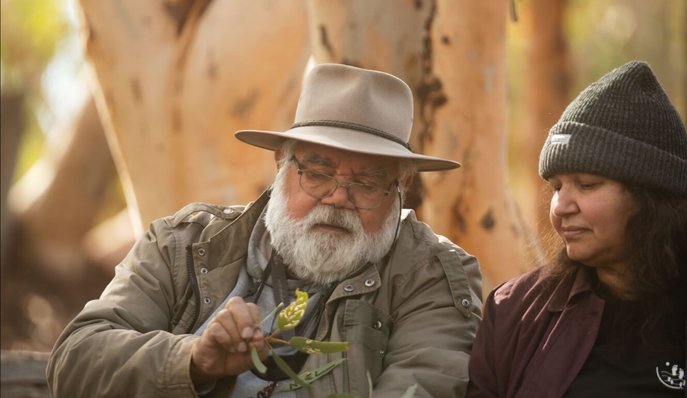
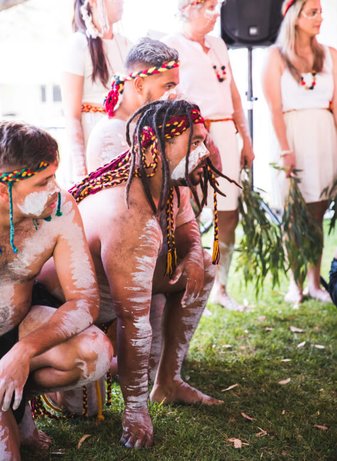
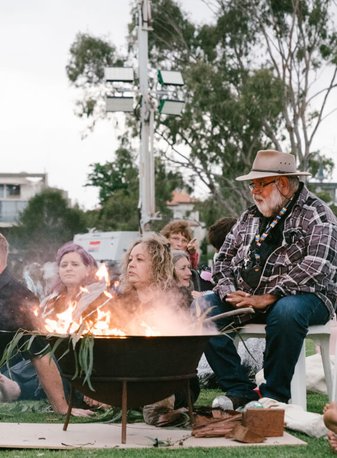
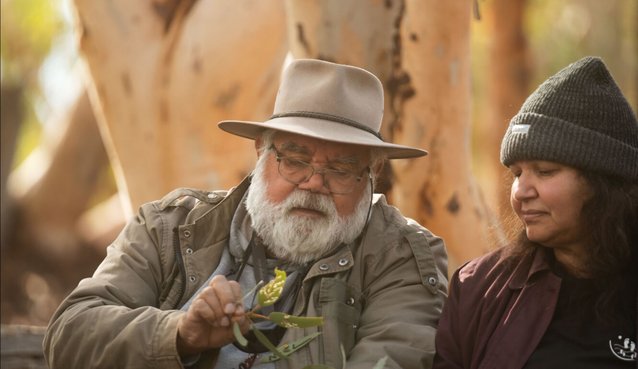
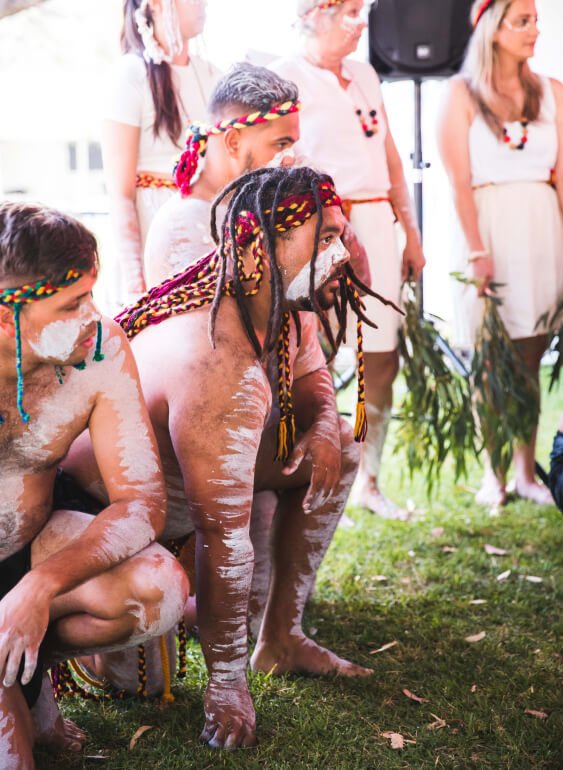
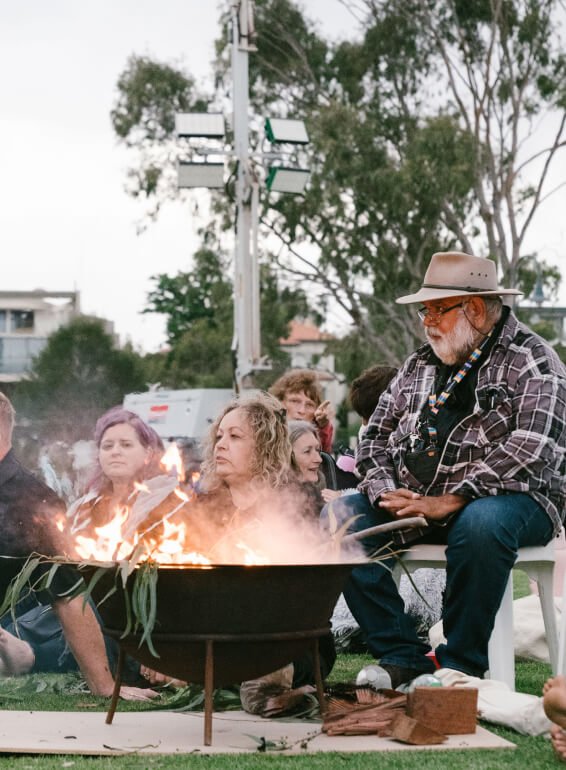
Events
Summit Keynote Speakers 2022
Lorem ipsum dolor sit amet
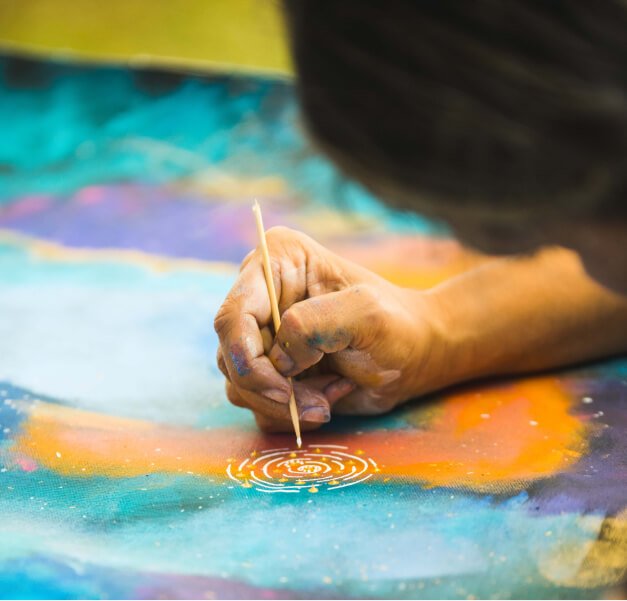
Professor Anne Poelina
Nulungu Institute Research University of Notre Dame
Professor Anne Poelina PhD, PhD, MEd, MPH&TM, MA, Nyikina Warawa Guardian Martuwarra Fitzroy River, Co-Chair of Indigenous Studies University Notre Dame, active community leader, human and earth rights advocate, and Peter Cullen Fellow. Laureate Women’s World Summit Foundation (Geneva, 2017) elected Chair of the Martuwarra Fitzroy River Council (2018).

Samantha Murray
A Yilka/Wongutha/Nyoongar/Yamatji woman who grew up in Cosmo Newberry ( where she has traditional owner links) and Laverton and has connections to the broader Central Desert Area.
Her Indigenous name is Imelia and Skin name Panaga.
She has previously been a Director of Yilka Aboriginal Corporation for over 3 years and is a currently a Director of Yilka Heritage and Land Care which deals with the land management programs and ranger team. Sam has worked in a range of other government-based roles in education, public housing and TAFE.
She has previously worked with Central Desert Native Title Services and Desert Support Services.
Samantha currently works as Deputy CEO – at the Indigenous Desert Alliance where she continues with her passionate commitment to supporting people and country of the Australian desert.

Michelle Andrews
An executive leader and environmental scientist with 30 years’ experience in the public sector currently in the role of Director General, Department of Water and Environmental Regulation.
Michelle has previously led the role of Director General for the Department of Communities and reformed the organisation’s governance and integrity systems following a major fraud and corruption incident.
Michelle has held executive roles within the Department of Premier and Cabinet, State Development and the former Department of Mines and Petroleum, where she focused on major projects, resource development policy and strengthening relationships across government, industry and the community.
She strongly supports taking action on Aboriginal outcomes and formed the Cultural Council at Communities to ensure appropriate guidance on these actions. At the Department of Water and Environmental Protection, Michelle is driving better engagement outcomes for Aboriginal and Indigenous people with her support for the department’s Reconciliation Action Plan and the Aboriginal Engagement Strategy.
As a senior executive, Michelle believes in the power of collective leadership and the development of individual leaders to create shared leadership capabilities within organisations.
When she has personal time out, Michelle is a keen walker and likes nothing better than pulling on a backpack and hiking trails in our great state.

Glen Kelly OAM
Glen is an Aboriginal man of the Wardandi Nyungar people of the South West of Western Australia. Glen is an Environmental Scientist and has almost 30 years of experience in Aboriginal affairs, native title, Aboriginal land management and community development at local, national and international levels.
Glen served as the Chief Executive Officer of the South West Aboriginal Land and Sea Council (SWALSC), the native title representative body for the South West of WA, for nearly a decade. Glen has also worked across Australia on native title agreement making and has assisted a variety of Traditional Owner groups and Government clients achieve strong and sustainable native title outcomes.
From 2015 to 2017 Glen also served as the Chief Executive of the National Native Title Council where he worked alongside members of the native title sector, Government and Industry to secure reforms to the Native Title Act. In 2019, Glen was awarded West Australian of the Year in the Indigenous category and was appointed as a Member of the National Native Title Tribunal in October 2020.
Lorem ipsum dolor sit amet

Professor Steven D. Hopper AC
Professor of Biodiversity, The University of Western Australia, Albany WA
Born in Bangalow NSW in 1951, and moving to Perth in 1965, today I am a field biologist, avid bibliophile, beach comber, photographer, part-time musician and family man. Previously, following PhD studies, I have worked in conservation research and management in the Western Australian Government (1977-1992), and been chief executive (Director) of two world-class botanic gardens (Kings Park WA 1992-2004, and Royal Botanic Gardens Kew, UK 2006-2012). I now work in a 0.6FTE appointment as Professor of Biodiversity at The University of Western Australia, Albany (2012 to present) and as a strategic consultant.
My research and teaching interests include specialist expertise in natural history, eucalypts, kangaroo paws, orchids, plants of granite outcrops, endangered plants, cross-cultural biodiversity research with Noongar Aboriginal people, old climatically-buffered infertile landscapes (Ocbils), pollination of plants by birds and mammals, and botanic garden management. I am an author of 338 scientific publications, 155 peer-reviewed, with 139 sole-authored, and 14 books and monographs. My field research has extended across Australia and New Zealand (since 1972), the USA (since 1990), South Africa (since 1997), and the UK and western Europe (since 2001).
I joined as Director the Royal Botanic Gardens Kew in London, a World Heritage tourist site and global plant science powerhouse of 800 staff, in 2006, and led the organization through celebrations of its 250th anniversary in 2009, before returning to UWA in 2012. As a CEO, Chief Scientist and manager, I have seen Kings Park and Botanic Garden and the Royal Botanic Gardens, Kew through substantial organizational change, without industrial disputation, in challenging economic circumstances, delivering much improved revenues and world-class improvements to services, facilities and science outputs in both cases.
Currently, I am focused on helping devise ways for people to live sustainably with biodiversity, especially on Ocbils, and in collaboration with Noongar people, postgraduate students and other scientists worldwide.
In 2012 I was inducted into the Western Australian Science Hall of Fame. I was also awarded Australia’s highest civilian honour of Companion of the Order of Australia (AC), for ’eminent service as a global science leader in the field of plant conservation biology, particularly in the delivery of world class research programs contributing to the conservation of endangered species and ecosystems’.

Lindsey Langford
Chief Executive Officer of the Indigenous Desert Alliance (IDA)
Lindsey is passionate about seeing positive and Indigenous directed outcomes for the desert and its people. He grew up in Central Australia and has had privilege of an intimate and lifelong association with Indigenous desert land managers on their country.
He has spent the past 15 years working primarily with Indigenous desert rangers to support the operational and strategic development of Indigenous Protected Area programs and ranger teams through to founding and developing the Indigenous Desert Alliance.